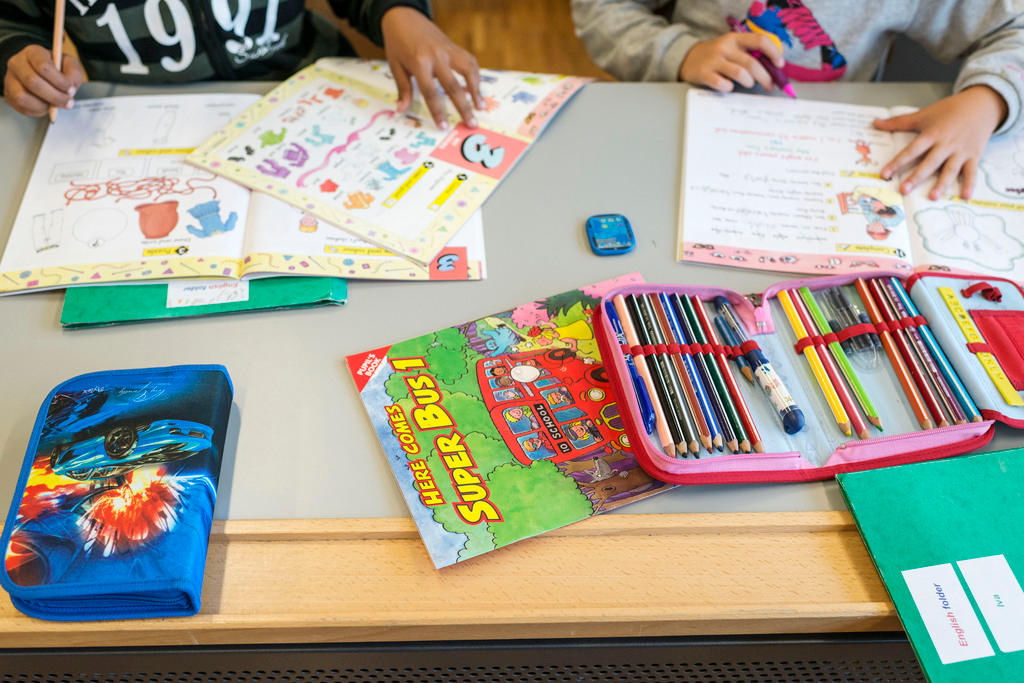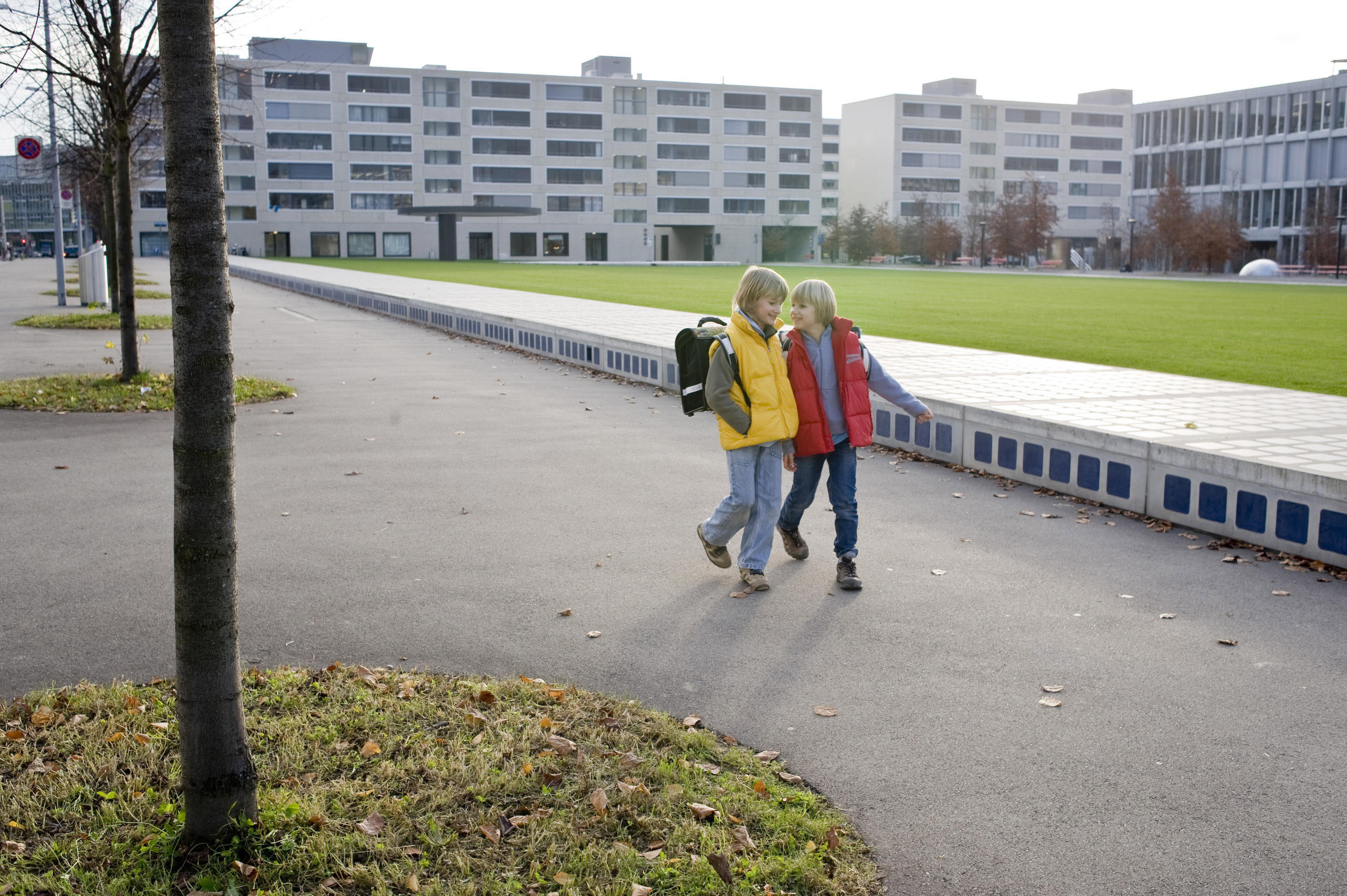Canton Geneva raises obligatory education to 18

Geneva will raise compulsory education to 18 from next year in an attempt to stop young people dropping out of school or training in the canton, which has one of the highest dropout rates in Switzerland.
Those leaving without qualifications face an uncertain future, being more likely to be on welfare or face unemployment.
Canton Geneva said on TuesdayExternal link that obligatory education up to 18 (currently 15) would come into force from September 2018, the beginning of the school year. The move is unique in Switzerland, where education remains largely in the hands of the cantons. It is aimed at giving young people better perspectives on the job market, canton Geneva says.
This will be achieved through better monitoring of pupils. Also on the agenda: an improved palette of pre-qualification classes – which are aimed at helping drop-outs into training courses which lead to qualifications – and work experience. There will also be help for those breaking off apprenticeships. The aim is to have a school leavers qualification rate of 95%.
“Compulsory education until 18 is not a miracle solution but it’s an important element against dropping out of school,” said Anne Emery-Torracinta, who heads the canton’s education department.
Above Swiss average
Canton Geneva estimates that between 10%-15% of young people leave education with no qualifications – that’s around 1,000 people every year, of which 550 are under 18.
This is well above the Swiss average of 5.6%.
Research by the Federal Statistical Office (FSO) highlighted on Swiss public television RTSExternal link also show that school leavers without qualifications are four times more likely to be on welfare. And they are more likely to be unemployed: the rate is 9.3% for this group, double that of those with qualifications. In addition, those who do find jobs tend to earn on average 26% less than their qualified counterparts.
Samuel Rohrbach, president of the Union of French-speaking teachers (SERExternal link), said that the Geneva measures seemed to be “a first good response to the problems of young people without qualifications”. “We have to hope that there are the necessary financial and staff resources,” he told swissinfo.ch in emailed comments.
In Switzerland, cantons retain a large amount of autonomy in education, despite moves to harmonise the different cantonal education systems, both nationally (Harmos, which has not been adapted by all the cantons) and on a language-region level (Lehrplan 21, for the German-speaking part and the French-speaking Region School ConventionExternal link, or CSR, for the French-speaking part).
Rohrbach said that the CSR reinforced the harmonisation of compulsory schools in the French-speaking part of Switzerland, for example fixing the school start age at four years old and the number of school years at 11. “The cantons still have a large room for manoeuvre, for example in timetabling and streaming of pupils,” he said.
Upper Secondary education – post obligatory – is regulated federally, he added, but not the transitional phase between the two.
The good news
However, looking at Switzerland overall, the country still has a low rate of school and training drop outs compared with other European countries.
Statistics from Eurostat – which use slightly different criteria to the FSO, hence the small difference for the Swiss value here at 4.9% – show that only Croatia (2.8%) and Lithuania (4.8%) have lower dropout rates. Heading the list was Malta at 19.7%, followed by Spain 19%. The European Union 28 average was 10.7%.

In compliance with the JTI standards
More: SWI swissinfo.ch certified by the Journalism Trust Initiative













You can find an overview of ongoing debates with our journalists here . Please join us!
If you want to start a conversation about a topic raised in this article or want to report factual errors, email us at english@swissinfo.ch.